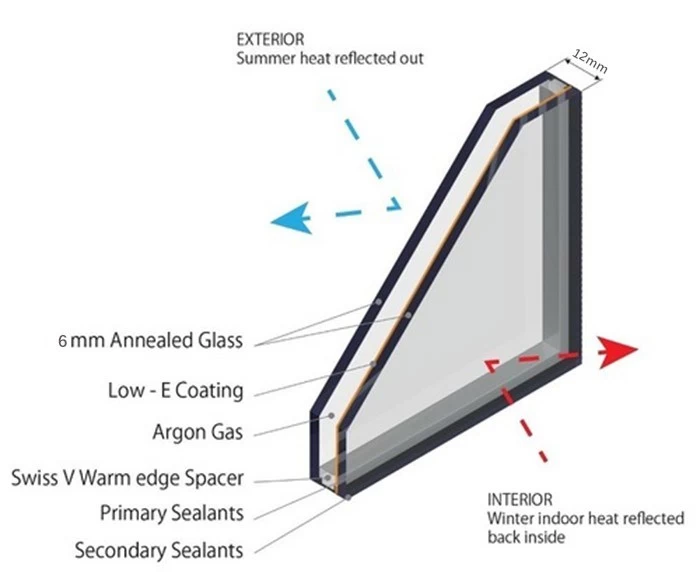All Categories
Featured
Table of Contents
What Are The Best Double Glazed Windows In Australia? in Cottesloe Western Australia
Glazing just indicates the windows in your house, consisting of both openable and fixed windows, in addition to doors with glass and skylights. Glazing really just indicates the glass part, but it is generally utilized to describe all aspects of an assembly consisting of glass, movies, frames and home furnishings. Focusing on all of these aspects will assist you to accomplish reliable passive design.

Energy-efficient glazing makes your house more comfortable and dramatically minimizes your energy costs. Unsuitable or inadequately created glazing can be a significant source of undesirable heat gain in summertime and considerable heat loss and condensation in winter. As much as 87% of a house's heating energy can be gotten and as much as 40% lost through windows.
Top 10 Tips To Keep Your Home Cool in Wilson WA
Glazing is a substantial investment in the quality of your home. The expense of glazing and the cost of heating and cooling your house are closely associated. A preliminary investment in energy-efficient windows, skylights and doors can significantly decrease your annual cooling and heating bill. Energy-efficient glazing also minimizes the peak heating and cooling load, which can reduce the needed size of an air-conditioning system by 30%, resulting in more expense savings.

This tool compares window choices to a base level aluminium window with 3mm clear glass. Understanding a few of the crucial properties of glass will help you to pick the finest glazing for your home. Key residential or commercial properties of glass Source: Adjusted from the Australian Window Association The quantity of light that goes through the glazing is called noticeable light transmittance (VLT) or noticeable transmittance (VT).
Double Glazing Versus Secondary Glazing in Bedford WA
This might lead you to turn on lights, which will result in greater energy expenses. Conduction is how easily a material performs heat. This is understood as the U value. The U worth for windows (revealed as Uw), explains the conduction of the whole window (glass and frame together). The lower the U worth, the greater a window's resistance to heat circulation and the better its insulating worth.
If your house has 70m2 of glazing with aluminium frames and clear glass with a U value of 6. 2W/m2 C, on a winter's night when it is 15C colder outside compared to indoors, the heat loss through the windows would be: 6. 2 15 70 = 6510W That is equivalent to the total heat output of a large room gas heating unit or a 6.
Lifestyle - West Coast Double Glazing in Forrestdale WA

If you choose a window with half the U worth (3. 1W/m2 C) (for example, double glazing with an argon-filled gap and less-conductive frames), you can halve the heat loss: 3. 1 15 70 = 3255W The solar heat gain coefficient (SHGC) for windows (expressed as SHGCw) determines how readily heat from direct sunshine flows through a whole window (glass and frame together).
The lower a window's SHGC, the less solar heat it transmits to the house interior. Glazing manufacturers declare an SHGC for each window type and design. Nevertheless, the real SHGC for windows is impacted by the angle that solar radiation strikes the glass. This is called the angle of occurrence.
Double Glazing Vs Triple Glazing For Windows (2023) in Scarborough Perth
When the sun is perpendicular (at 90) to the glass, it has an angle of incidence of 0 and the window will experience the optimum possible solar heat gain. The SHGC declared by glazing manufacturers is constantly computed as having a 0 angle of incidence. As the angle increases, more solar radiation is reflected, and less is transferred.
Latest Posts
Faq in Bedfordale Perth
What Are Double Glazed Windows? - Build in Duncraig Western Australia
Single Glazed Vs Double Glazed Windows - Ultimate Guide in Kensington Perth